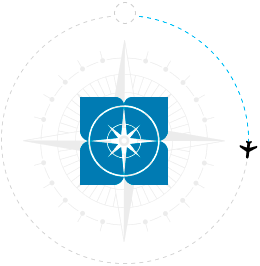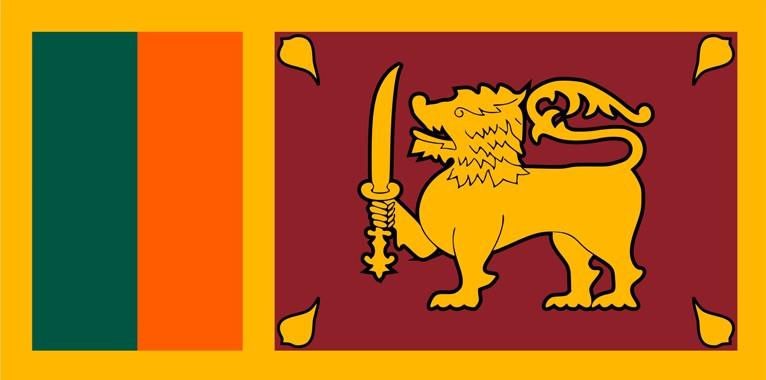



Research shows that the first humans appeared on the island about 34,000 years ago. Then, around the 6th century BC, the Sinhalese—Indo-Aryan tribes from northern India—arrived here. They established a strong state, but constant raids by neighboring powers drained the country’s resources, and many areas were occupied by other peoples. In 1505, Sri Lanka’s colonial period began with the arrival of the Portuguese. To be freed from the conquerors, the government made an agreement with the Netherlands, but both sides violated the terms. By 1660, the Dutch had seized almost the entire island. In 1802 the country came under British rule, and in 1948 it became independent.
Today it’s a true tropical paradise—a kaleidoscope of exotica and tranquil nature escapes. There are numerous natural, historical, and cultural attractions, some of which are included in the UNESCO World Heritage List. The variety of water activities and stunning beaches make it tempting to search and book a tour to Sri Lanka online. And, of course, there are the tea plantations producing world-famous Ceylon tea, enjoyed by a quarter of the world.
A few official facts
Capital: Sri Jayawardenepura Kotte.
Official languages: Sinhala, Tamil.
Currency: Sri Lankan rupee.
Religion: Buddhism, Islam, Hinduism, Christianity.
Reasons to buy a tour or package to Sri Lanka: online search and selection
Tourism in Sri Lanka emerged quite some time ago, but due to the civil war from 1983 to 2009 the sector suffered a severe decline. Its revival after the end of hostilities became an important stage in boosting the country’s economy. Today, tourism is highly developed and makes a major contribution to national well-being.
Travelers from around the world buy tours to Sri Lanka to:
These are far from all the attractions worth seeing. To combine several locations, set out on a weekend tour around Sri Lanka. The hospitality and friendliness of the locals will make your trip even more enjoyable, and the traditional cuisine will add a special flavor to your journey.
✔️ Types of activities by region
Within a small area you’ll find a diversity of landscapes—from endless beaches to emerald mountain peaks—along with a whole kaleidoscope of cultures and their landmarks.
✔️ Climate and seasons
The island lies in the tropical climate zone. Monsoons accompany seasonal changes. Temperatures are fairly constant year-round, averaging around +28–30 °C. Only in the highlands does winter air cool to about +10 °C.
✔️ Currency
The national currency is the Sri Lankan rupee. It’s recommended to exchange money at Colombo Airport. Keep the receipt you’re given so you can convert any unspent rupees back at the same rate on your return. Currency exchange is also available at banks and hotels. Bring US dollars—they’re the easiest to exchange and can be used directly in many tourist areas.
Major hotels and shops also accept credit cards. Before visiting Sri Lanka, notify your bank of your trip, as credit-card fraud can occur and your card might otherwise be blocked.
✔️ Major holidays
The country blends many cultures and religions, which is reflected in its festive calendar. There are also state celebrations tied to key national events. Tourists will enjoy a variety of cultural events and festivals—these are the best times to encounter the richest displays of local color.
The main national holiday is Independence Day, held on February 4, celebrated with grand parades.
The most significant Buddhist celebration is Esala Perahera, which takes place in August in Kandy and lasts for 10 days. The festival is connected with a sacred relic—the Tooth of the Buddha. During these days there are large-scale processions with elephants, drummers, costumed dancers, and more.
An important Muslim holiday is Eid al-Adha, marking the end of Hajj—the pilgrimage to Mecca. A hallmark of the celebration is the sacrifice of animals, the meat of which is shared among relatives and the poor, with some kept for oneself. In this, believers honor the Prophet Abraham, who was willing to sacrifice his son.
Among Hindu holidays, tourists will find Deepavali (the Festival of Lights) especially interesting, symbolizing the victory of good over evil. Its origins lie in the famous epic Ramayana. When Prince Rama defeated the demon and rescued his bride, he returned home after 14 years of exile. People joyfully welcomed the victor and lit his way with lamps. The tradition lives on: people light candles, release sky lanterns, and prepare sweets for the goddess of prosperity, Lakshmi.
A key Christian holiday is Christmas, introduced by the Portuguese and later maintained by the Dutch and the British. People traditionally decorate Christmas trees and homes, attend church services, and send greeting cards. A distinctive local feature is the detonation of numerous firecrackers at midnight—something that’s popular during many holidays in Sri Lanka.
✔️ Healthcare
Tourists arriving on the island need to obtain medical insurance, as healthcare services are paid. This will give you peace of mind about your health and budget should an insured event occur.
✔️ Useful tips
Before you travel, it’s wise to learn the specifics of the country you’re visiting. This will help you avoid unpleasant situations and make your trip more comfortable.